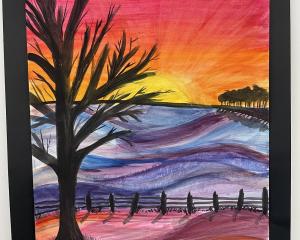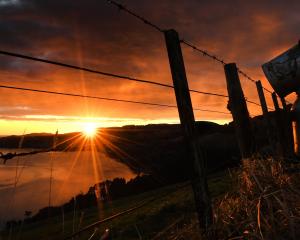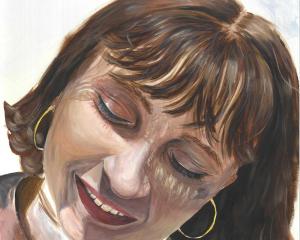On June 20, the international community celebrated World Refugee Day.
This event has been marked since 2001, and its purpose is to raise awareness of refugees and their needs throughout the world, and to honour refugees and their contributions to the societies they have found themselves in.
This is especially relevant today, because the world currently has a refugee crisis.
According to the United Nations 1951 Refugee Convention, a refugee is someone who is outside the country of his nationality and is unable or, owing to such fear, is unwilling to avail himself of the protection of that country.
The ''fear'' mentioned is fear of persecution, and there are five categories of persecution: race, religion, nationality, membership of a particular social group, or political opinion.
A refugee must be fleeing persecution based on at least one of these grounds.
If a refugee cannot definitively prove their claims of persecution and have them approved, they are asylum-seekers.
There are more than 50million forcibly displaced people in the world.
That is one in every 122 people - the population of a medium-sized country, such as South Africa or Italy.
There haven't been this many displaced people and refugees throughout the world since World War 2, and more than half of the refugee populations are children.
In light of this information, it is feasible to ask what the first world is doing in the face of this ever-increasing problem.
Many more countries have taken part in the Office of the United Nations High Commissioner for Refugees (UNHCR) refugee resettlement programme.
Australia and New Zealand take an annual quota of refugees.
In 1987, New Zealand began taking an annual quota of 750 refugees for a resettlement programme.
This number has not changed since then, and although there have been various appeals and comments in the media to increase the refugee quota, there is resistance to this from the Government.
Prime Minister John Key says: ''if we were to go back to our original target and go up from 750 to 850, or go from 750 to 1000, it's hard to believe that's going to resolve the issue, because we're talking about millions of people''.
He also says: ''The issue here is, if we take more, will we do as good a job?''
His logic, that doubling the refugee quota would not resolve the issue is true, and it is also possible that if there is an unmanageable influx of people into the economy, then the quality of the resettlement programme may be slightly diminished.
But is this really a reasonable response to the current crisis?
New Zealand needs to make a choice about this issue.
New Zealanders need to decide what they think, because there are millions of people in the world looking for homes, and until the conflicts that displace these people are resolved, the victims of war will just keep on coming.
In the end, even far-off New Zealand will be affected, one way or the other, and the current generation will be the one that deals with the consequences.
• By Katherine Woodfield, Year 13, Columba College











